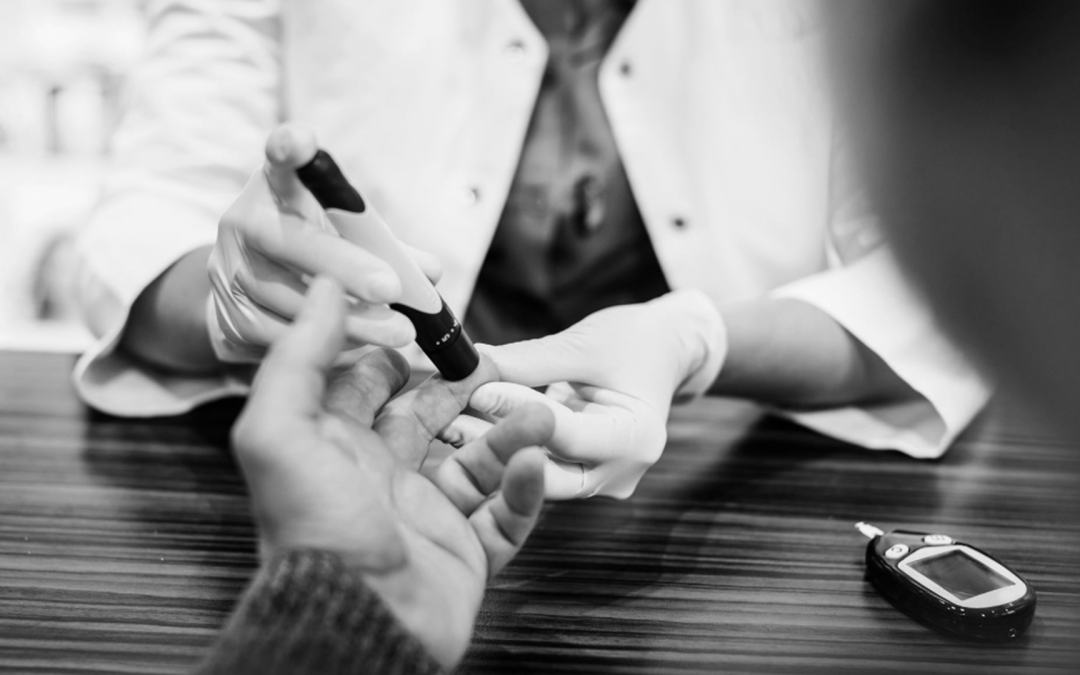On a somber Sunday amidst the Covid lockdown, a disquieting call from my family doctor shattered my lifelong record of avoiding medical concerns. The diagnosis: alarming blood sugar levels indicative of diabetes. Experiencing symptoms like unquenchable thirst and excessive urination during lockdown, I was thrust into a realm where modern medicine often relies on drugs as the primary solution for diabetes.
A Parallel Universe of Treatments
Navigating the complex landscape of diabetes care, I found myself straddling two universes. One, guided by my doctor, endorsed pharmaceutical interventions – insulin, metformin, and meticulous blood monitoring. The other, driven by my own research, revealed a thriving community advocating a different path: dietary modification.
The Conventional Medical Approach
In the conventional medical setting, pharmaceutical interventions took center stage. Insulin injections, blood monitoring, and drug therapies were prescribed with pharmaceutical support material subtly emphasizing the manageability of diabetes through medication. Dietary advice, though present, played a secondary role.
A Silent Sponsor: Pharmaceutical Influence
A brochure from the American College of Physicians, seemingly offering guidance on living with diabetes, bore a surprising revelation. Sponsored by Novo Nordisk, a prominent pharmaceutical company specializing in insulin, the brochure’s dietary recommendations were overshadowed by a pharmaceutical agenda.
A Journey into Dietary Intervention
Driven by fear and a desire for longevity, I delved into the literature surrounding type 2 diabetes. A burgeoning community advocated for a simple yet powerful remedy: restricting carbohydrates, the macronutrient challenging for diabetics to metabolize without pharmaceutical aid.
A Dietary Revolution
Embracing a low-carbohydrate lifestyle meant bidding farewell to beloved foods like pizza, bagels, and sushi. This dietary transformation, although challenging, proved effective. My blood sugar numbers plummeted, and within three months, my diabetes appeared to be in remission. A1C levels normalized, and pharmaceutical intervention became unnecessary.

Erin Balsa is a highly skilled and knowledgeable health journalist with a passion for educating the public on important health and wellness topics. With extensive experience in both traditional and digital media, Erin has established herself as a trusted voice in the field.

